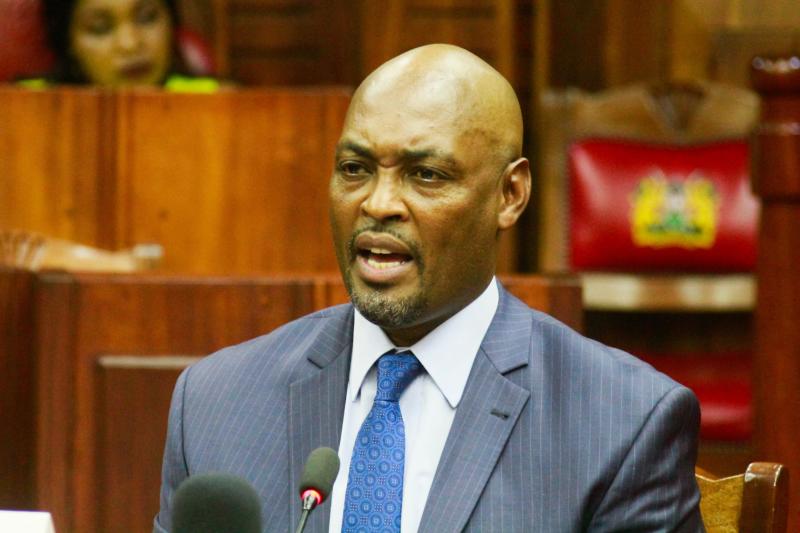×
The Standard e-Paper
Home To Bold Columnists

Extra-judicial killings and unsolved high-profile murders returned to haunt a former director of criminal investigations.
Ndegwa Muhoro was yesterday being vetted after being nominated by President Uhuru Kenyatta to be the country's ambassador in Malaysia.